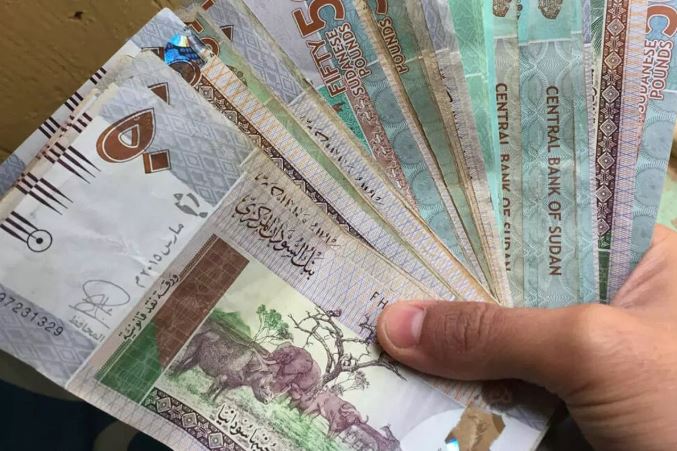×
The Standard e-Paper
Stay Informed, Even Offline

Mid last month, South Sudan’s President Salva Kiir signed a peace agreement with rebel factions to end a civil war that has killed at least 50,000 people, displaced two million and held up the country’s progress since it gained independence seven years ago.